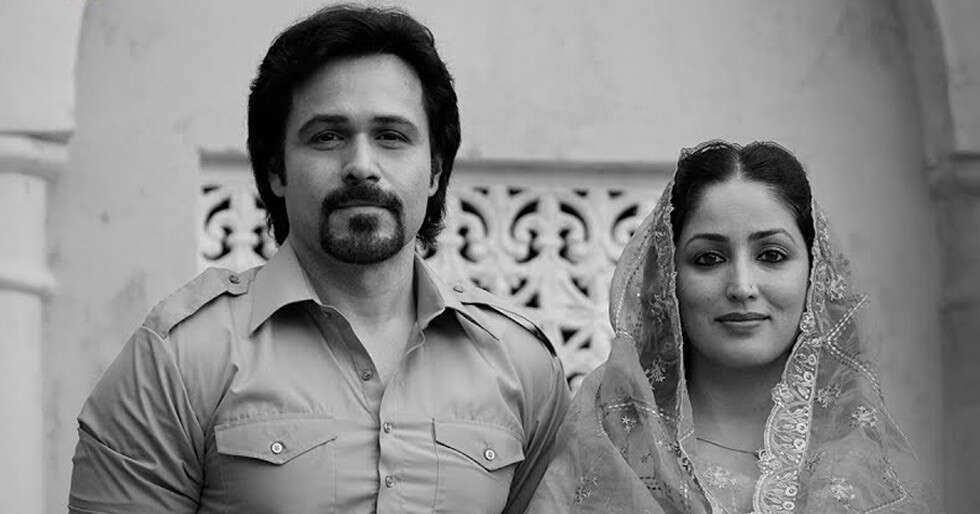In the film, Yami Gautam Dhar plays Shazia Bano, the fictional figure of Shah Bano, and her performance is the backbone of Haq. She plays Shazia not as a symbol, but as a woman who has lived, loved, hurt, doubted, questioned and yet is willing to fight. There is restraint here, but also ferocity, an emotional fluidity that never falls into artifice. His courtroom scenes have a rare clarity. She fights not with chest-thumping melodrama, but with lived conviction. The shifting weight on his shoulders, the hesitations in his voice, the silence with which he absorbs the pain, all of it adds a real fragility to his courage. It’s easily one of Yami’s strongest and most dominant screen turns.
Also read: Yami Gautam and Emraan Hashmi’s most powerful dialogues from HAQ
Emraan Hashmi, as Abbas Khan, is equally compelling, playing a man shaped by privilege, beliefs and inherited power structures. He is not presented as a cardboard bigot; he’s someone who has never questioned the script he was given, and that’s what makes his downfall tragic rather than theatrical. The more he clings to his ego, the more the system beneath him crumbles. Vartika Singh, as the second wife, leaves a surprising impact. She is not reduced to glamour; His arc is empathetic, sensitive, and beautifully textured. His moment of confrontation with Yami is one of the most emotionally charged scenes in the film. And Sheeba Chaddha, as a supporting lawyer on Yami’s side, injects gravitas, wit and unwavering firmness; she knows exactly how to play silently forcefully. Dane Hussain also makes an impact as Yami’s supportive father.
Much of this impact works because the writing is sharp, intelligent, and deeply internalized. Reshu Nath’s script understands the emotional minefield of faith versus constitutional rights without turning the narrative into an academic lecture. She constructs conflicts through spaces of doubt, lived contradictions, and internal prejudices, not just external provocations. And Suparn S Varma’s direction keeps the narrative grounded and balanced. He rejects sensationalism, resists easy villainy and allows the silences to speak. His hand as a director ensures that Haq is not a controversy, but a vivid human drama.
While a more non-linear structure could have given the story even greater depth, what Haq achieves remains powerful: it centers the Indian woman’s agency over her life and her choices, regardless of her religious identity. Reminds men that responsibility cannot be abandoned through doctrine. It highlights how the law must protect the vulnerable without fear. Haq asks for empathy and not fuss.
Haq is a reminder that clarity, reason and moral courage can be cinematic. Watch it for its sincerity, for its grace, for its plot but, above all, for the performances that give this battle a beating, breathing human heart. And watch because he believes that Indian women, regardless of their faith, deserve the Constitution as a shield, not the mercy of men.
Also read: Emraan Hashmi, Yami Gautam’s Haq, does not suffer censorship cuts in India, United Arab Emirates, United Kingdom, New Zealand and Australia



